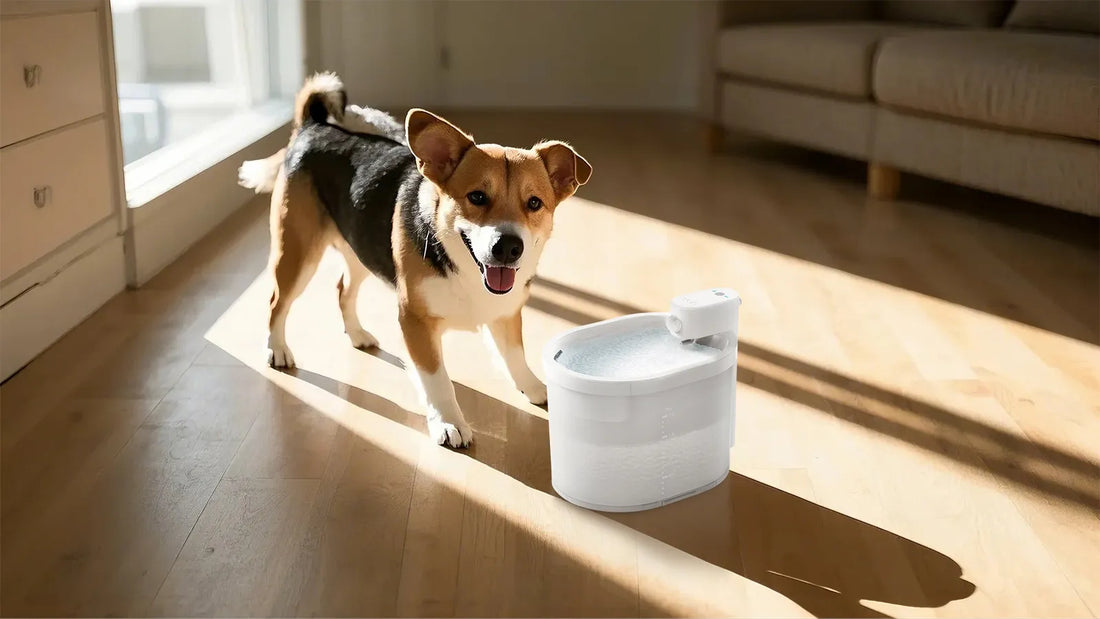Keeping your pet's cage clean is crucial for their health and well-being. A dirty cage can lead to infections, odors, and an uncomfortable living environment for your pet. Whether you have a small rodent, bird, or reptile, regular cleaning is a must. This guide will walk you through the steps to ensure your pet's cage is spotless and safe.
Why Cleaning a Pet Cage is Important
Regular cleaning of your pet's cage is essential for several reasons. First, it helps prevent the buildup of bacteria and parasites that can harm your pet. Second, it reduces unpleasant odors that can permeate your home. Lastly, a clean cage provides a more comfortable and stress-free environment for your pet, which can positively impact their behavior and health.
Daily Maintenance Tips
Daily maintenance is the first line of defense in keeping your pet's cage clean. Start by removing any uneaten food, soiled bedding, and waste. For cages with removable trays, take them out and dispose of the contents. Wipe down surfaces with a damp cloth to remove any debris or spills. If your pet is a bird, replace the lining at the bottom of the cage daily to keep it fresh.
Weekly Deep Cleaning
While daily maintenance is crucial, a weekly deep clean is necessary to maintain a hygienic environment. Begin by removing your pet and placing them in a safe, temporary enclosure. Take out all accessories, toys, and bedding. Wash these items with warm, soapy water, and rinse thoroughly. For the cage itself, use a pet-safe disinfectant to scrub all surfaces, including corners and crevices. Rinse the cage well to remove any residue, and let it air dry before reassembling.
Choosing the Right Cleaning Products
Selecting the appropriate cleaning products is vital to ensure your pet's safety. Avoid using harsh chemicals or cleaners with strong fragrances, as these can be harmful to your pet. Opt for pet-safe disinfectants or make your own solution using vinegar and water. Always read the labels and ensure the products are suitable for your pet's specific needs.
Handling Stubborn Stains and Odors
Stubborn stains and persistent odors can be challenging to eliminate. For tough stains, use a soft brush or sponge with a pet-safe cleaner to scrub the affected area. To combat odors, sprinkle baking soda on the cage floor before adding fresh bedding. Baking soda is a natural deodorizer and is safe for most pets. Additionally, ensure proper ventilation in the cage to prevent odor buildup.
Maintaining a Cleaning Schedule
Consistency is key when it comes to cleaning your pet's cage. Create a cleaning schedule that includes daily, weekly, and monthly tasks. Daily tasks should focus on removing waste and wiping down surfaces, while weekly tasks involve a thorough cleaning of the cage and accessories. Monthly tasks can include inspecting the cage for any wear and tear and replacing any damaged parts.
Tips for Specific Pets
Different pets have unique cleaning needs. For example, rodents like hamsters and guinea pigs require frequent bedding changes due to their high waste output. Birds need their cages cleaned more often to prevent the buildup of droppings and food debris. Reptiles, on the other hand, require a clean environment to avoid skin infections. Tailor your cleaning routine to suit your pet's specific requirements.
Ensuring Your Pet's Safety During Cleaning
Always prioritize your pet's safety during the cleaning process. Remove them from the cage and place them in a secure area while you clean. Ensure that all cleaning products are thoroughly rinsed off and that the cage is completely dry before returning your pet. Avoid using any tools or products that could pose a risk to your pet's health.
Common Mistakes to Avoid
There are several common mistakes pet owners make when cleaning cages. One is using harsh chemicals that can be toxic to pets. Another is not rinsing the cage thoroughly, leaving behind harmful residues. Additionally, neglecting to clean accessories and toys can lead to the spread of bacteria. Avoid these pitfalls by following the proper cleaning procedures and using pet-safe products.
Benefits of a Clean Cage
A clean cage offers numerous benefits for both you and your pet. It promotes a healthy living environment, reduces the risk of diseases, and keeps unpleasant odors at bay. A clean cage also enhances your pet's overall well-being, making them happier and more active. By maintaining a regular cleaning routine, you can ensure your pet thrives in a clean and safe space.
Ready to give your pet the clean and comfortable home they deserve? Follow these tips and make cage cleaning a regular part of your pet care routine. Your furry, feathered, or scaly friend will thank you for it!













